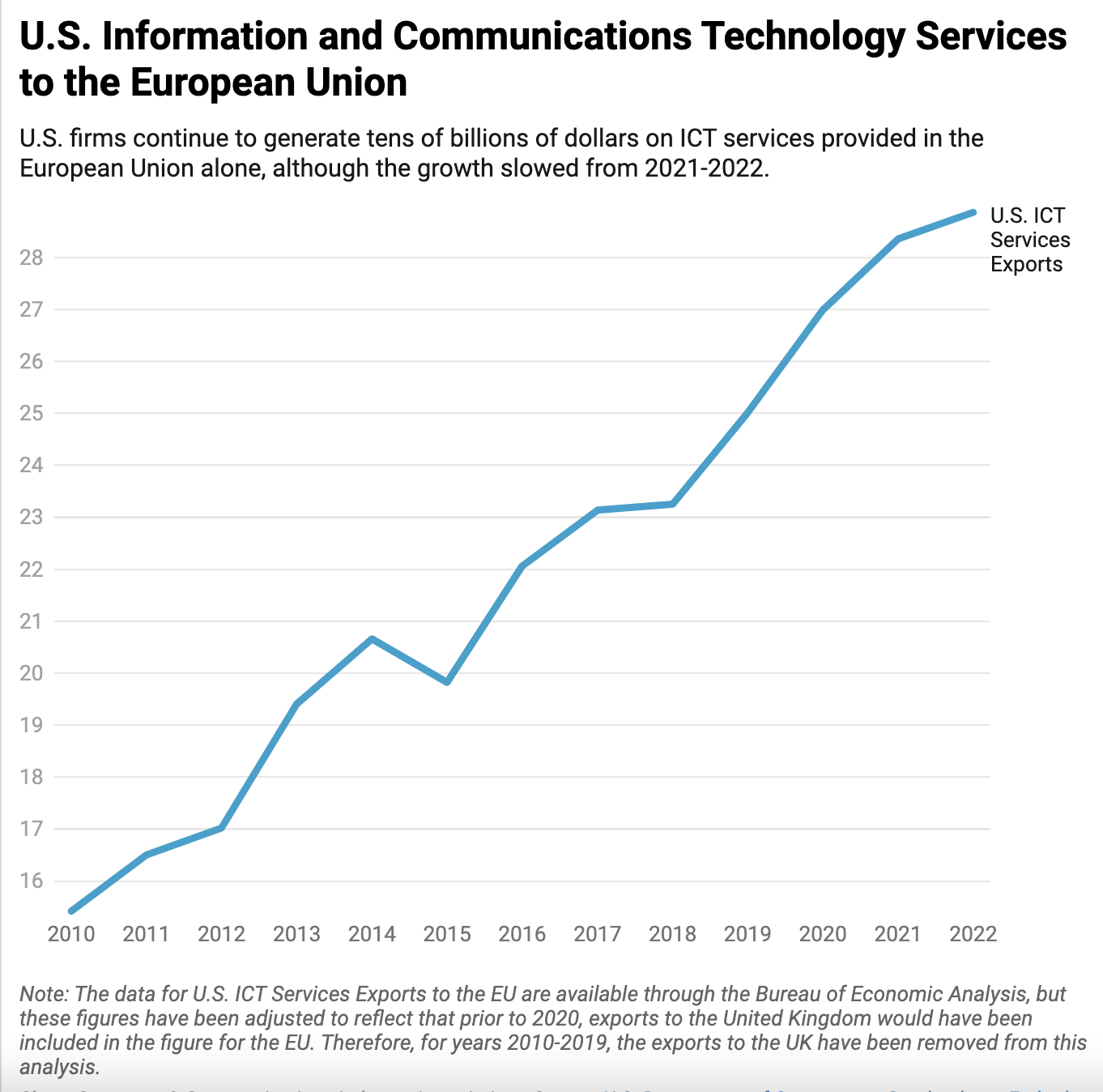More Data Shows Digital Services Driving Music Revenues
Yesterday Billboard reported on research by Pandora finding that music played on the service experienced increased sales. The study found that, on average, sales increased between 2.31% and 2.66% for music played on the Pandora service. The effect apparently grows with more spins. That is, the more frequently a song was played, the likelier listeners were to purchase the track or album. This data doesn’t even reveal all of the promotional value of the service: to what extent does it lead to concert and merchandise sales, for example? The takeaway, however, is that digital radio play drives sales, in a quantifiable way, which artists can now analyze at an increasingly granular level.
The findings are consistent with observations made in music producer Steve Albini’s recent, colorful keynote at the Melbourne, Australia “Face the Music” conference. Albini said:
“It’s no longer necessary to pay people to pay other people to play your records on the radio, only to have those people lie about doing so. It’s no longer necessary to spend money to let people hear your band.”
Albini also lauded that the Internet facilitates a “direct relationship” between fans and artists that “skips all the intermediary steps.” Nevertheless, while artists can now reach audiences directly, existing contractual arrangements and the legacy of industry structure limits the extent to which artists can be compensated by audiences directly. Thus, as DisCo has noted before, while music services drive sales and pay out the vast majority of their revenues as royalties, those royalties are far more often paid to intermediary rights-holders, and the majority of the revenues don’t reach the artist.
Transparency problems aside, the fact that digital services represent the future of the music industry is increasingly hard to ignore. Yesterday’s N.Y. Times reported a Sony Music estimate that in four years, streaming and subscriptions would constitute 60% of the music industry’s digital revenue, up from 18% now. Sony executive Kevin Kelleher claimed to be “very encouraged with the paid streaming model”, while questioning the value of ad-supported models.
Yet digital services are rising to such prominence in the marketplace that, at least in Europe, Spotify appears to have overtaken iTunes in generating royalties for artists. Given this data, combined with continued growth in legal digital music consumption (music listeners streamed more than 118 billion tracks in 2013), it is hard to understand commentators still suggesting people won’t pay for music. YouTube, of course, is just launching its Music Key product, betting exactly the opposite. Nevertheless, like Pandora and Spotify, Music Key keeps with the conventional wisdom that “having a free tier [i.e., ad-supported] as a springboard to get people to pay is key to winning members.”








